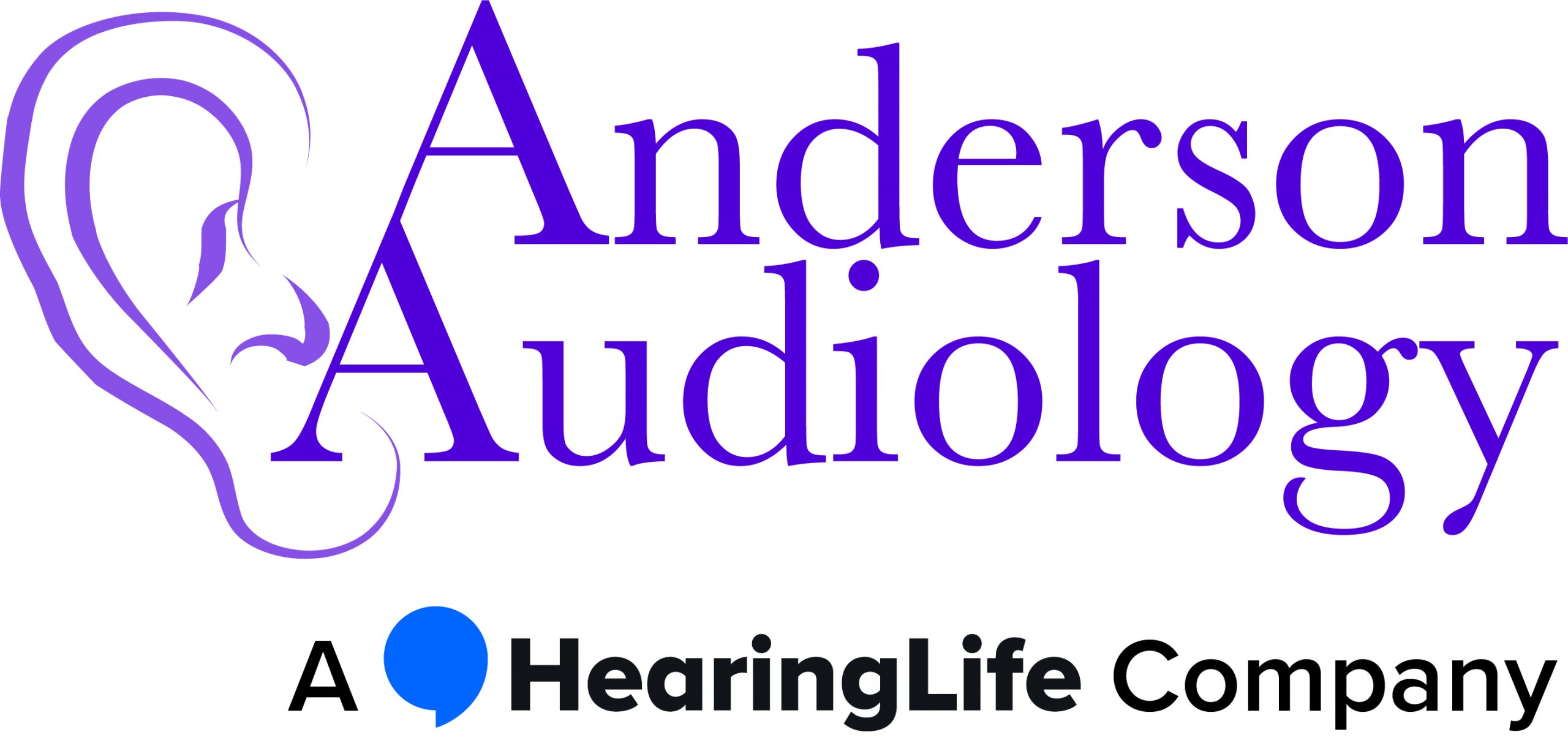Nighttime Noise: What You Should Know
Noise-induced hearing loss (NIHL) is a form of hearing loss that is caused by exposure to dangerous noise. It’s estimated that roughly 15% of American adults aged 20-69 hace NIHL. Noise-induced hearing loss can affect people temporarily, or it could be permanent.
We’re increasingly understanding the risks that noise can pose to our hearing. Hearing healthcare specialists are helping to raise awareness of the importance of protecting your hearing. Loud music concerts, firework displays, or even every day exposure in the workplace can all pose a risk to our hearing.
But what about less obvious sources of dangerous noise? What about nighttime noise?
Nighttime Noise: What You Should Know
Ask anybody living in a busy city. Noise is a constant in life. If you’re one of the millions of Americans with a hearing impairment, you may consider yourself lucky. The one advantage of hearing loss is not having to worry about outside noise, right?
Unfortunately, this is not entirely accurate. Noise can pose a wider risk to our health. In fact, the World Health Organization notes that one of the largest dangers posed by noise pollution occurs at night. Specifically, noise that we’re not consciously aware of, as we’re asleep.
How Nighttime Noise Affects Your Health
It’s easy to imagine that if you didn’t wake up during the night that noise didn’t interrupt your sleep, right? Unfortunately, that is not the case. Researchers are increasingly understanding how noise can affect our body at night, even if it doesn’t wake us up.
Before we explore how nighttime noise can affect your health, it’s important to understand the natural sleep cycle.
Throughout the night, your body will naturally cycle through 4 stages of sleep:
- Stages 1 and 2 are both types of light sleep.
- Stage 3 is deep slow-wave sleep, during which time your pulse and breathing rate slow, and your muscles relax.
- Stage 4 is REM (rapid-eye movement) sleep. It is during this stage that you’ll dream.
We cycle through each stage of sleep multiple times throughout the night. Each stage plays an significant role in our overall well-being.
Now let’s look at how noise can interfere with this process. In our history, our ability to detect noise while we were asleep was an essential survival tactic. After all, you would want to know if there was a predator prowling nearby!
Our brains haven’t really changed all that much. Even when we’re asleep, our brains are processing the surrounding sounds. Although these noises may not wake you up, your brain is processing and aware of them.
Let’s imagine you’re living in a city environment. The natural soundscape of a city includes a host of noise. Traffic, people, events, animals and more together create the din of a city. Researchers are increasingly understanding how our body’s respond to these noises. And the results show that although we may not be aware of it, this soundscape triggers stress responses. This means your heart rate will increase, and your blood pressure rises.
By researching noise, the WHO has found that “nearly 1 in 50 heart attacks across Western Europe” could be attributed to noise.
Nighttime noise is no less damaging. Although you may feel like you “slept through” the noise, the science shows that your body is still reacting to the noises around you. Interestingly, the noise doesn’t even have to be loud to trigger a reaction. One study found that hospital equipment, which measured around 40 decibels, showed measurable brain activity in sleeping volunteers.
The Impact of Nighttime Noise
Now that we’ve covered how our sleeping bodies respond to nighttime noise, we are left with a bigger question. What is the impact of nighttime noise on our physical health?
“The Impact of noise on sleep disturbance is regarded as one of the most detrimental environmental effects of noise,” says Dr. Mathias Basner, assistant professor of sleep and chronobiology in psychiatry at the University of Pennsylvania School of Medicine.
Chronic sleep disturbance can lead to wider health implications. Even small amounts of noise can interfere with our body’s natural sleep cycle.
So next time you reach for the TV remote to fall asleep to your favorite TV show, consider the impact that the background noise can have on your night’s sleep. A quiet environment is really the best way to get the best night’s sleep. If you live in a noisy environment, you may find that using ear plugs help you wake up refreshed and ready to tackle a new day.
Trust the Experts at Anderson Audiology
If you’d like to learn more about noise induced hearing loss, or how you can protect your hearing, get in touch with us today. The hearing healthcare professionals at Anderson Audiology are on hand to help. Call the team today on 702-997-2964. Alternatively, click here to request an appointment online.
